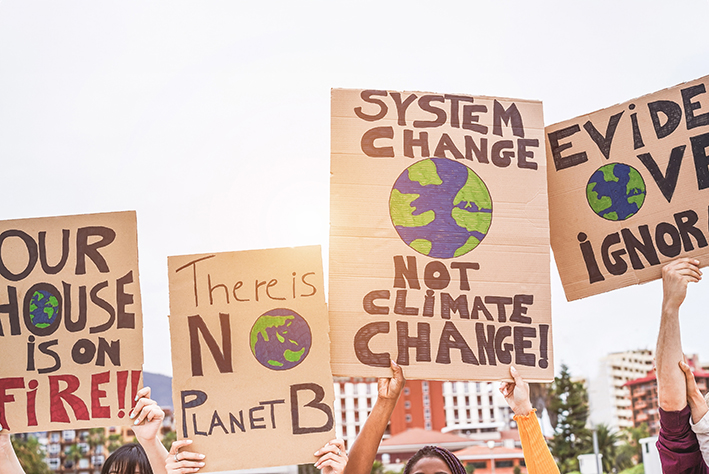|
Maria Iu
Low trust in brands on climate commitments


The UK public does not fully trust brands on their messaging around the climate crisis, new research has found.
According to The Cost of Confusion, a report by Conscious Advertising Network and Dentsu, 88% of survey respondents do not fully trust brands to follow the science on climate change all the time, while 91% do not fully trust them to accurately portray their climate commitments and avoid greenwashing.

Nearly half of participants (45%) said they would stop supporting a brand if they knew it was either deliberately or accidentally funding climate disinformation through advertising.
Although another 22% said they would stop supporting the platform in which the information appeared, 30% would take no action and 3% said it would increase their support for the brand.
The research also found a continued lack of understanding regarding climate change.
Just 50% of respondents agree with the statement “climate is changing, mainly caused by humans”, compared with 54% in a similar survey conducted by Conscious Advertising Network in 2022 in collaboration with Climate Action Against Disinformation.
Meanwhile, 44% (inaccurately) think the electricity grid cannot handle increased electric vehicles, with just 19% aware that this is untrue. Only 56% understand both the phrase “net zero” and the concept of “greenhouse gas emissions” — leaving 44% vulnerable to climate disinformation.
In fact, only 56% feel they understand specific concepts relating to climate change, highlighting the need for communication and education.
When it comes to the impact of misinformation or disinformation relating to climate change, 17% said they are very worried and 39% are somewhat worried.
Among the respondents, 40% identified social media as the primary source of climate disinformation.

Overall, a majority (55%) believed disinformation has contributed to confusion or scepticism about climate change.
The study surveyed 1,012 adults and was conducted by Toluna in December 2023.
